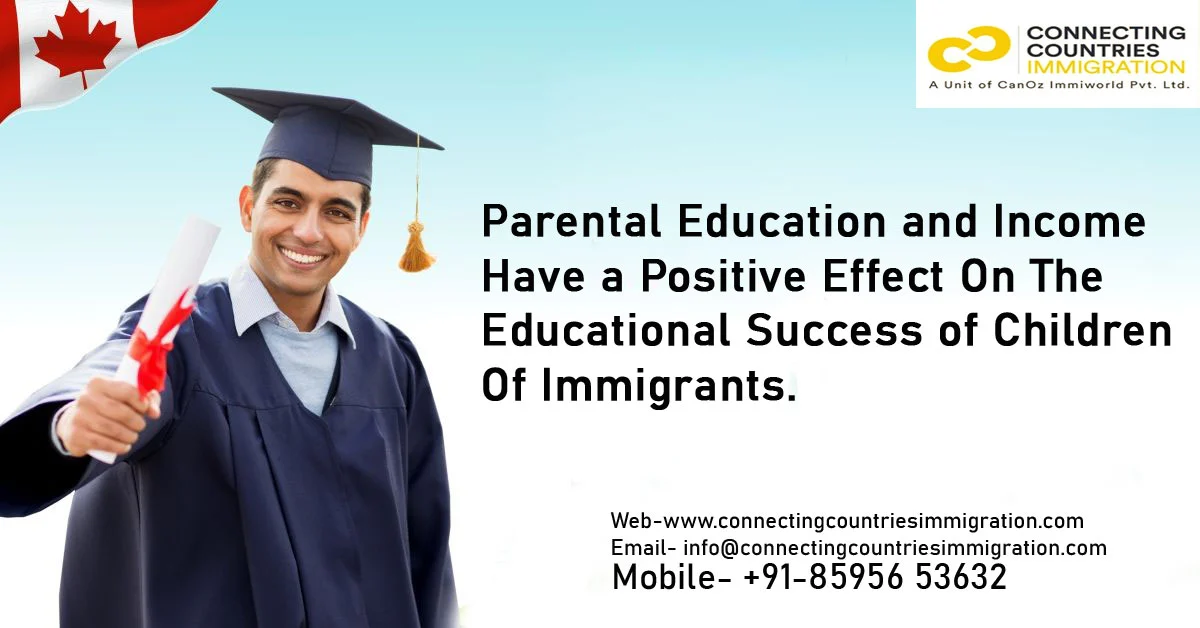A recent Statistics Canada study looked at the influence of parents’ education on the possibility of a child immigrant finishing post-secondary education. The study also looked into if there was a substantial difference in these relationships across immigrants from different origin countries . (Educational Success of Children Of Immigrants.)
The study’s findings
First, higher levels of parental education were linked to significantly higher rates of completing a bachelor’s degree or higher among childhood immigrants, particularly when both parents were highly educated.
When the father had a college degree, 64% of childhood immigrants finished college, compared to 33% of those whose father had a high school diploma or less.
Taking other factors into account, childhood immigrants with a degree-holding parent were 15 percentage points more likely to obtain a degree themselves than those with a high school education or less. The impact of moms’ education was comparable.
Furthermore, if both parents had a college education, the effect nearly doubled. Controlling for other characteristics, childhood immigrants with two degree-holding parents were 27 percentage points more likely to complete a degree than those with only a high school education.
Second, there was some fluctuation depending on the source region. When compared to families from Europe and English-speaking developed countries, the influence of parental education was weaker among immigrant families from East Asia and Southeast Asia.
Third, the results changed when educational achievement was expanded to include trades or college certification. Parental education had a significantly lesser effect on children’s educational attainment. Furthermore, the variation among source regions was noticeably lower. According to the study, these shifts happened because many East and Southeast Asian immigrant families prioritize university graduation, whereas immigrant families from other regions are more likely to examine options such as college or vocational programs.
Finally, after controlling for parental education and other background characteristics, family income during the first five years after immigration into Canada had only a minor effect on the likelihood of children immigrants completing a degree or any type of postsecondary qualification.
The importance of the study’s findings
The powerful influence of parental education on children’s schooling has policy consequences. Canada is able to preserve great educational outcomes for future generations by selecting highly educated immigrants.
The variations in postsecondary educational patterns among immigrant children are demonstrated by including all forms of postsecondary programs, such as trades programs. The large variance by source location indicates how the source nation can influence the skills brought to the labour market and the types of employment for which childhood immigrants compete.
Finally, the very minor influence of family income is significant for immigrant families, as many suffer financially in the early years after arrival. Low family income has little impact on their children’s educational outcomes.



